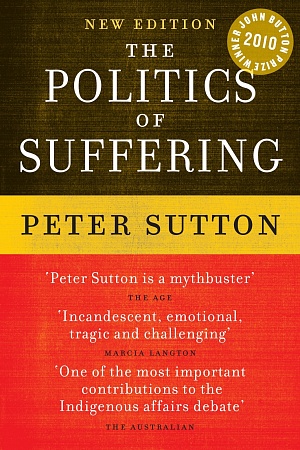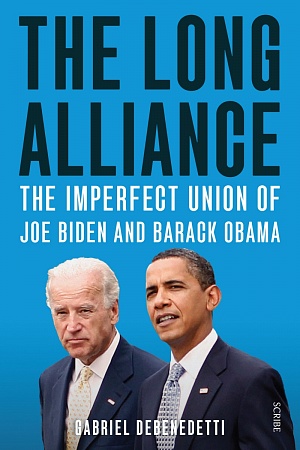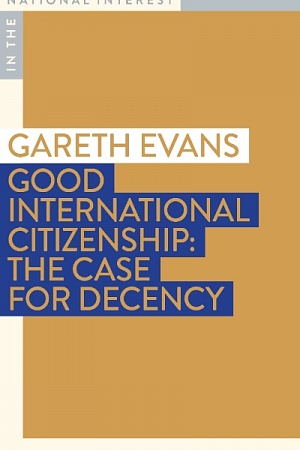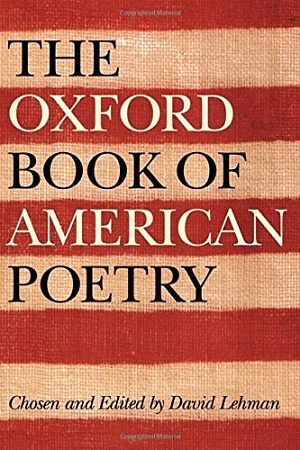The Rise and Fall of the Neoliberal Order: America and the world in the free market era
Oxford University Press, $45.95 hb, 418 pp
Order and mayhem
American presidential elections can be frustrating for outsiders. Non-Americans can’t vote, but humanity’s future may depend upon a few votes in a handful of gerrymandered states. I spent much of 2020 driving myself to distraction over the possibility that Donald Trump might be re-elected. I had no such anxiety in 2016: in my opinion, Hillary Clinton did not deserve to win. She personified too many of the failings of what Gary Gerstle (Paul Mellon Professor of American History at the University of Cambridge) has termed the neo-liberal order. Absent Bernie Sanders, I might have voted for Trump myself, had I been a US citizen. Four years on, I believed that foreigners deserved to be able to help unseat Trump. His presidency, as Gerstle explains in his new book, The Rise and Fall of the Neoliberal Order, was the product of the socioeconomic mayhem created by neo-liberalism – and evidence of its decline.
In this splendid and stimulating history of neo-liberalism’s rise and possible ‘fall’, the sharp and accurate portrayal of the 2020 contest is not the only achievement. Gerstle gives us a comprehensive study of the world order that has dominated our lives since the decline of the US version of the modern welfare state, commonly known as the New Deal state. Written with assurance and insight, the book is necessarily sweeping in its judgments, but clearly conceived. The elements of neo-liberalism, and its genesis as a political order, are expertly connected, enabling us to better appreciate our global present.
Gerstle argues that ideological systems of power work best if they attain the status of a ‘political order’: that is, when they are no longer campaign agendas or political policies, but inhabit the entire intellectual landscape, where a way of thinking about the world is accepted among the major political forces. Neo-liberalism is such a political order, he argues, and so was the New Deal version before it.
Continue reading for only $10 per month. Subscribe and gain full access to Australian Book Review. Already a subscriber? Sign in. If you need assistance, feel free to contact us.














Leave a comment
If you are an ABR subscriber, you will need to sign in to post a comment.
If you have forgotten your sign in details, or if you receive an error message when trying to submit your comment, please email your comment (and the name of the article to which it relates) to ABR Comments. We will review your comment and, subject to approval, we will post it under your name.
Please note that all comments must be approved by ABR and comply with our Terms & Conditions.